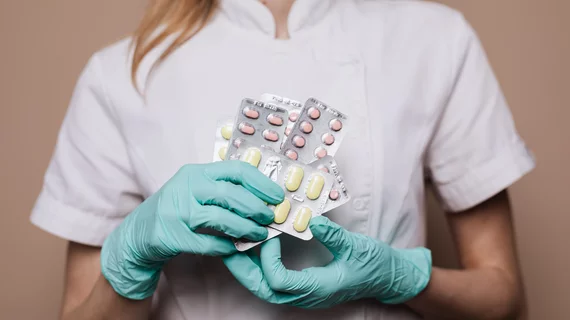‘Gray market’ vendors hike up prices during drug shortages, leaving hospitals in a bind
The ongoing shortage of cancer drugs in the United States has taken a distressing turn, impacting smaller hospitals and cancer centers with skyrocketing prices for essential medications. As a result, medical institutions are left to make the difficult decision between absorbing the costs or risking patient access to vital treatments.
A recent story published by NBC News examined this situation in great detail, starting with the perspective of Debbie Davis, the clinical operations director at Pacific Cancer Care in Monterey, California. Davis recalled how she managed a critical shortage of carboplatin, a chemotherapy drug priced at around $50 per vial, when the center’s regular supplier couldn't maintain stock.
The alternative supplier offered the drug at $500 per vial. While negotiations with the new supplier transpired, Davis reluctantly declined the purchase due to the astronomical cost. She lamented the situation, telling NBC News she was “devastated” by the fact that she was unable to provide this important drug.
This issue is not isolated to Pacific Cancer Care. Reports from across the country indicate that seven hospitals and cancer clinics are being coerced into paying between five to ten times more for cancer drugs vital to patient care. The driving force behind these price hikes are “gray market” vendors who exploit drug shortages, purchasing medications at lower prices and selling them to medical institutions at inflated rates. Due to limited regulations, the practice is legal.
Recent months have seen the cost of crucial drugs like carboplatin and cisplatin surge significantly, with a potential increase of 1,000% in some cases. These drugs are essential for treating various cancers but have faced shortages, according to the U.S. Food and Drug Administration.
Gray market vendors, who often operate outside the established regulations and industry standards for drug supply, exploit these shortages by purchasing medications from unauthorized sources. The increased risk of counterfeit or ineffective drugs is a significant concern associated with this practice.
Doctors and experts are increasingly concerned about the implications of these price hikes on patient access to life-saving treatments, particularly in smaller hospitals or centers with limited financial flexibility. And as hospitals and clinics grapple with the weight of higher medication costs, patients are feeling the consequences. Some are forced to travel long distances to access treatments, while others face treatment delays or reduced dosages due to supply constraints.
Click the link below for the full story from NBC News, which includes much more context:

